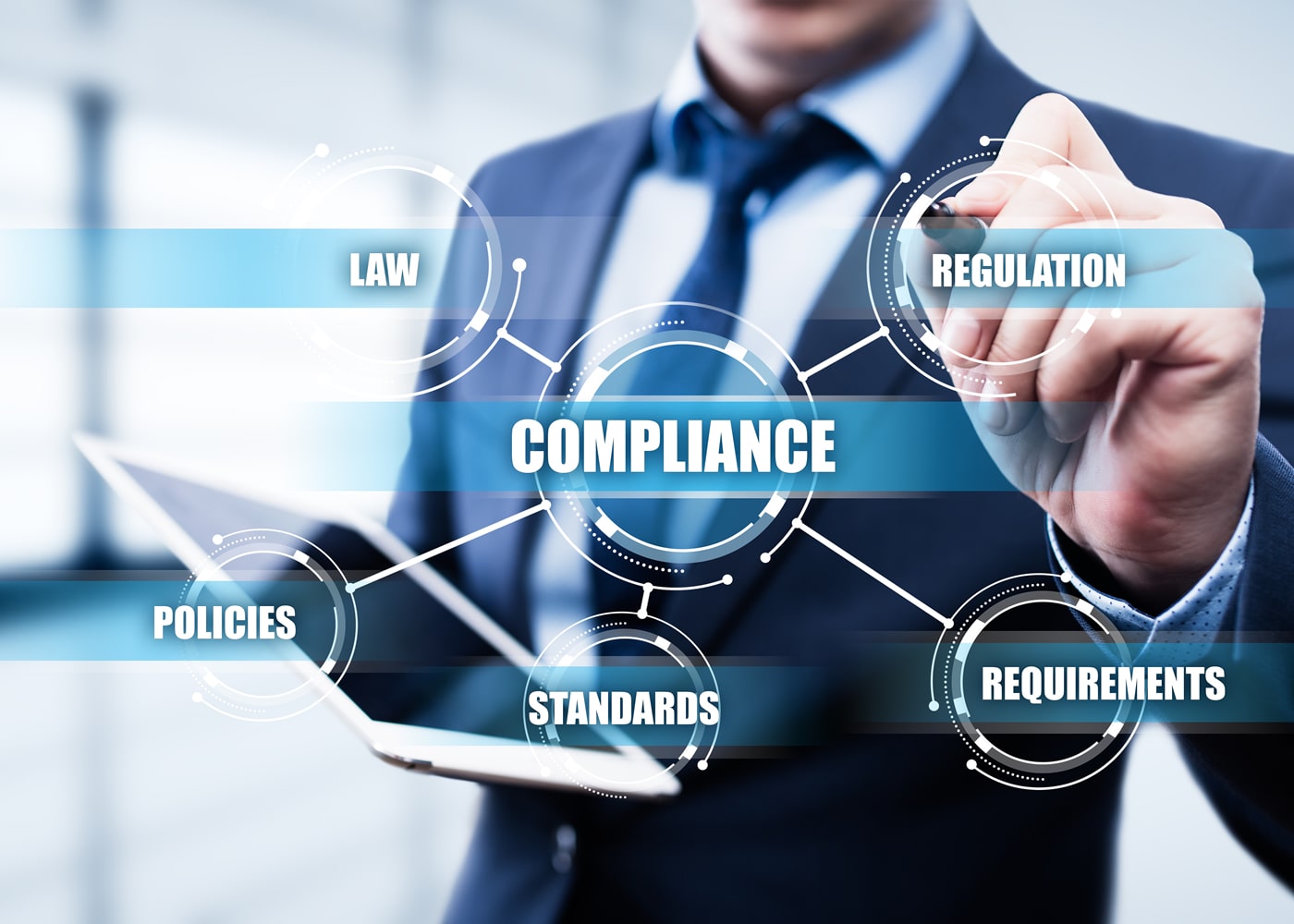Organizations Must Prepare for Regulatory Change

Regulatory agencies and leaders in government, as well as company shareholders, executives, employees, and the general public, are prioritizing environmental, health, and safety considerations more now than any other time in recent memory. This added interest and increased valuation of the issues associated with EHS will spark relatively quick action.
Here’s an overview of what might be expected and how EHS professionals can take proactive steps to not just survive but thrive amid a choppy sea of fast-paced changes.
Change Is Not a Matter of ‘If,’ but ‘When’
The Biden administration is pursuing aggressive regulatory change and stronger enforcement related to matters of safety and the environment, as well as more well-defined standards regarding environmental, social, and governance (ESG) disclosures. Here are a few of the actions that signal changes are on the way:- Executive Orders have directed the Occupational Safety and Health Administration (OSHA) to protect worker health and safety during COVID-19 and also addressed climate change
- On the environmental side, the confirmation of EPA Administrator Michael S. Regan, followed recently by EPA’s rescinding rulemaking related to guidance documents as well as the Benefit-Cost Rule, indicate a preparation to roll out new regulations and/or reinstate repealed ones
- On the health and safety side, the nomination of Doug Parker to lead OSHA in the wake of an embarrassing report faulting OSHA for reduced inspections during the COVID-19 pandemic likely will result in increased workplace safety vigilance and associated enforcement
- On March 4, 2021, the Securities and Exchange Commission (SEC) announced the creation of a Climate and ESG Task Force in the Division of Enforcement, one of several actions taken in the first quarter of 2021 to update requirements related to ESG disclosures
No Excuse to Be Caught Off Guard
With this new landscape clearly visible on the horizon, now is not the time to take a “wait-and-see” approach. Instead, professionals and managers must take steps to ensure that they are prepared to track and keep pace with regulatory change.While this latest push for EHS regulatory change addresses new challenges, it is not wholly unprecedented—and time-tested strategies continue to help ensure compliance success. A 2017 report from the National Association of Environmental Management (NAEM) provides insight into such key strategies, including the following five:
- Rely on relevant expertise Instead of wasting time on manually entering safety data, the team is freed up to work on proactive tasks such as developing job safety analyses and new safety training.
- Tap into technology
- Leverage staff capacity to manage risks
- Establish strong internal standards
- Demonstrate proactive leadership
This proactive leadership requires EHS managers to ensure they are aware of recent changes, both enacted and proposed, as well as the actions they must take to satisfy their regulatory obligations. The same NAEM report outlines five important skills required to effectively track of emerging EHS regulations:
- The ability to analyze and understand complex technical problems
- Thinking strategically to identify the ramifications of a new or proposed regulation
- Interacting comfortably with employees at all levels of an organization
- The confidence to make sound, defensible decisions, often on short notice
- The ability to communicate clearly and frequently with both technical and non-technical personnel
Stay Informed and Compliant Amid Complexity
Amid regulatory change, staying informed can be a complex process, but the benefits are very much worth the effort. For example:- Effective compliance management can help avoid fines and penalties. Of course, effective EHS compliance management goes far beyond avoiding the negative consequences of enforcement
- Strong compliance programs create a foundation for operational success. EHS teams can play a key role in positioning their companies to better achieve their growth goals while staying in alignment with ESG goals
- By being prepared for external enforcement, EHS managers are prepared for internal policy. Along with regulatory change tracking, companies must ensure that internal policies are being updated in accordance with federal, state, and local requirements and consider stakeholder expectations. This in turn ensures that organizations have processes in place to ensure that audit protocols are up-to-date and employee training meets current standard
To help the EHS community prepare for the coming changes, Dakota recently made EHS Regulatory Alerts emails available to all EHS professionals. Each email provides a plain-language summary of the latest proposed rules, final rules, and other changes that may require action on your part, a list of affected standards, and hyperlinks to the full-text regulations to provide additional context.
While this regulatory guidance is most useful when integrated with Dakota’s EHS compliance planning and assessment tools, we are confident that it will help you prepare for inevitable regulatory changes. You can sign up here.
What Good Is a Library Without Books?
An EHS management system that requires you to manually track regulatory developments is like a library without books… a costly library without books. Manual tracking processes are woefully inefficient, and compliance is far more difficult to maintain if all of your organization’s facilities are approaching it differently. Organizations looking to create a strong foundation of compliance must centralize regulatory tracking and documentation.At Dakota Software, we have been helping companies address these exact challenges for more than 30 years. Our EHS compliance planning and audit platform is a unique combination of software and curated regulatory content. Let us show you how we can help you and your organization. Contact us to request a demo today!
Related
Sponsored Content
About the Author

Laura Andrew
Dakota Software
Ms. Andrew is responsible for assisting clients and partners in their implementation of Dakota software by building profiles, creating compliance calendars, loading company and site specific tasks and audit protocols, conducting audits and guiding efforts to use various applications. With a background in engineering and over 25 years experience in environmental and safety management in the transportation, food and pharmaceutical industries, she serves as a subject matter expert for various Dakota applications.

